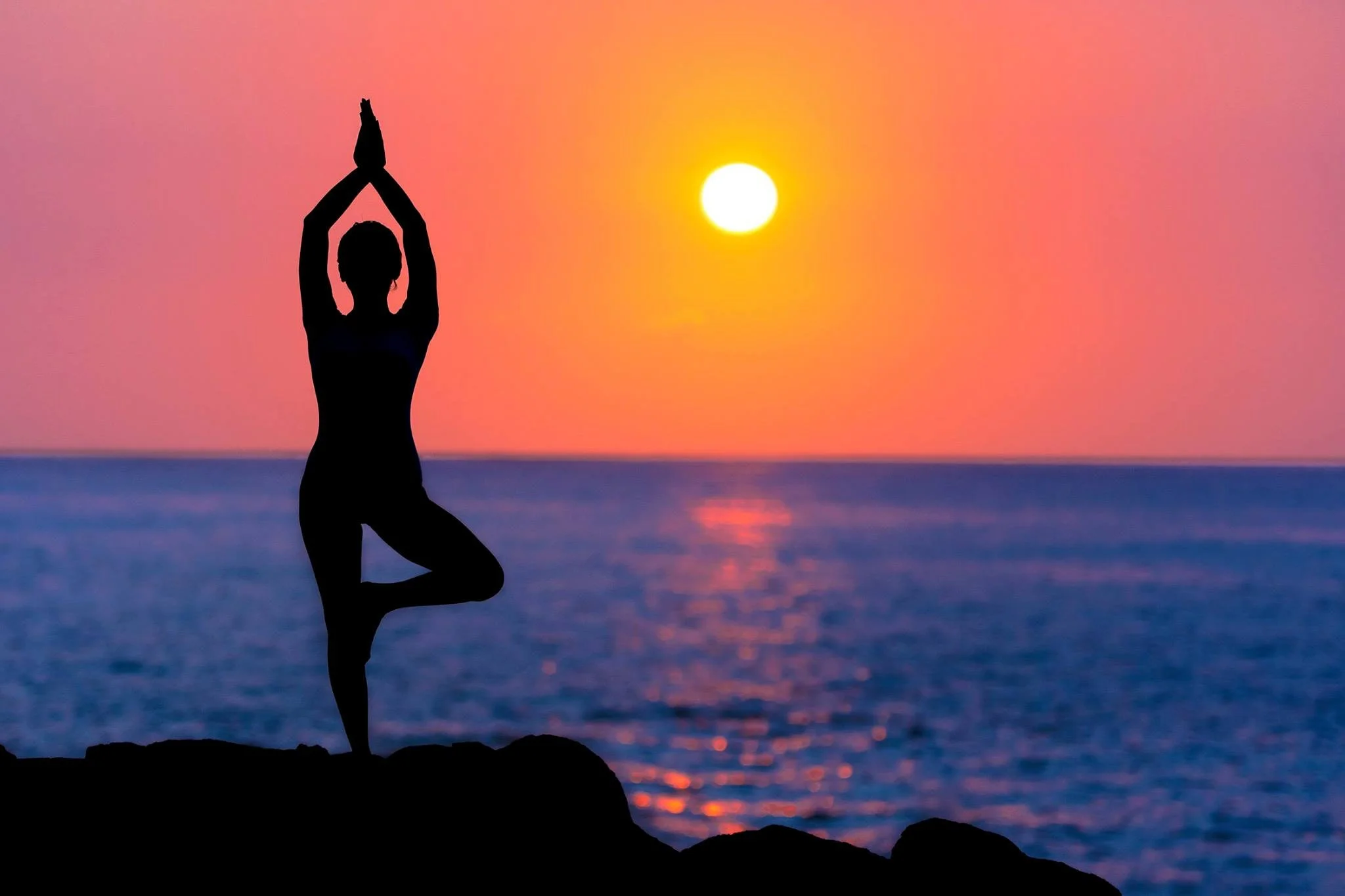5 things you can do this week for better vocal health
Vocal fatigue is something I struggled with for years. I know a lot of amateur and experienced singers who are constantly saying that they’re “losing their voice” or “not feeling 100%”. Your voice is a fragile instrument that must be cared for like so. Of course, there is no one way to entirely eliminate vocal fatigue but here are 5 things you can do this week to make your voice better.
1. Hydrate. Hard.
Water is to your voice as grease is to wheels. Without enough of it, your voice will squeak.
Studies indicate that approximately 75% of Americans are chronically dehydrated. If you feel thirsty at all, you’re dehydrated. I have water with me all the time to ensure I drink as much as I need too.
How much water should you drink?
Experts say you should drink 8-eight oz glasses of water a day (about a half gallon). As an avid singer, I drink double this on a daily basis. A half gallon doesn’t feel adequate to me. Everybody is different and the amounts of water we require vary. Just remember to ALWAYS have a water bottle with you and consciously make yourself drink it!
Professional Tip: Drinking more water than usual the day and morning BEFORE a gig is very helpful to staying hydrated throughout a show. If you do need to drink water while performing, make sure it’s room temperature. Cold water will constrict your vocal cords which is never good.
2. Do lip-rolls & other easy warm-ups
What the hell’s a lip-roll? Check this video out for instructions.
Out of all the vocal exercises I’ve tried, I’ve personally found that lip-rolls are the most effective. They’re fast and easy to do - but they also engage your diaphragm, which greatly helps with power, stamina, and technique.
There are many videos out there that demonstrate some other vocal warm-ups. Just type in “vocal warm-ups” on Google or YouTube and you will be bombarded by videos. Try some and see what’s best for you.
Professional tip: Vocal exercises are EXERCISES and the more you do them, the better you get. They’re effective as warm-ups alone, but you will see significantly greater results if you practice them daily.
3. Open your mouth for vowels
Sing all of the vowels (A,E,I,O,U) and pay attention to your mouth. You may noticed that your jaw closes when you pronounce each one - especially E & U. This is natural because it’s the way we speak. But singing is different. If you want a louder, cleaner tone, make a conscious effort to open your mouth/jaw (the long way) when you sing your vowels. You may just find that this immediately makes you better. If not, keep practicing!
Professional tip: Don’t damage your voice when trying this one. Although helps with your range, don’t over-do it. Trust what your body is telling you.
4. Healthy Habits
Diet
Obviously what you eat plays a role in how well you sing. Everyone’s different so your list of food may be different from mine. Here are some of my avoid at all costs foods:
Dairy (Dairy, especially milk, increases the your mucus. BAD FOR SINGING)
Soda or bubbly things (They make you burp)
Anything cold (Cold=Constriction. Don’t do this)
Anything with caffeine (Caffeine dehydrates you and irritates your throat)
Anything high in sodium (generally these things are really bad for you anyways)
Anything tomato based (marinara sauce, pizza sauce, etc)
Alcohol (If you must drink alcohol, drink scotch or whiskey straight)
Professional tip: I’ve found that eating a lower-carb meal approximately 2 - 1.5 hours before a gig yields best results. Too much food will make you bloated and make your stomach full, making it harder to sing. Too little and you’ll exhaust yourself (you need fuel to perform your best)
Exercise
Aside from the obvious benefits of exercising daily, your body is the instrument and exercising helps to fine tune it.
Weights
I personally enjoy lifting weights, so I make sure to hit the weight gym at least 3-4 times a week. My most important take aways:
Don’t over-do it. There’s nothing worse than being too sore to properly perform
MAKE SURE YOU STRETCH AFTER. Tense muscles are never good for singing
Having a tight back, neck, or abs affects how well you sing. Try to do these exercises on days when you aren’t singing.
Professional Tip: Strong abs and pectoral muscles will help you sing better. Check out this article by Cari Cole for more information.
Cardio
I’ve found that doing cardio 2-3 times a week is beneficial to singing. Aside from being generally healthy here are some of the key reasons why cardio is good:
Improves lung capacity
Improves lung expansion
Requires conscious breathing
Teaches breathe support
Helps when sustaining long notes
Professional tip: Try cardio-singing. It’s exactly what it sounds like. Singing while you run is very challenging, but can yield AMAZING results.
Professional tip: Don’t run in the cold. I’ve found that running in the cold makes me more susceptible to a sore throat, as well as makes me feel like I have mucus in my lungs.
Yoga + Pilates + Meditation
I personally love yoga & meditation for many reasons, but here’s why it’s good for singing:
Teaches mindful breathing
Teaches mindful relaxing (ESPECIALLY useful when hitting high notes - focus specifically on your shoulders - relax them)
Makes you emotional, mentally, physically and spiritually more grounded and balanced.
Improves posture (posture is huge in singing - that’s a topic for another article)
Great for stretching
Professional tip: Practicing yoga & meditation will help you in many areas of life. Give it a shot!
5. Hear yourself
Regardless of if you’re on a stage, in the studio, or singing in your car, you will always sing better when you can hear yourself. If you can’t hear yourself you will try to sing louder, which creates vocal strain, fatigue, and loss of quality.
In-Ear-Monitors
For years I did gigs with a standard, on-stage monitor. Do yourself a favor and get in-ear monitors. In-ear monitors will make you sing better on stage. They will help you not strain when singing, protect your ears, and increase the overall tone and quality of your voice. You will not regret it. I recommend Shure P3TRA215CL, but you can find cheaper ones if that’s not in your budget. At the very least, wear some ear-rasers and protect your ears!
Hear-fones
I’ve never tried them personally but some personal trusted sources of mine say that they’re great. Check them out here.
Regardless of how you do it, just make sure you can hear yourself!!!!








